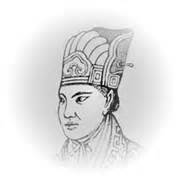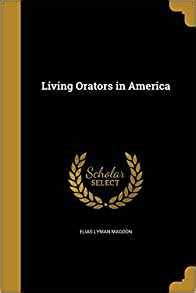A Quote by Samuel Richardson
Those who can least bear a jest upon themselves, will be most diverted with one passed on others.
Related Quotes
Those who know others are intelligent Those who know themselves have insight. Those who master others have force Those who master themselves have strength.Those who know what is enough are wealthy. Those who persevere have direction. Those who maintain their position endure. And those who die and yet do not perish, live on.
People whose integrity has not been damaged in childhood, who were protected, respected, and treated with honesty by their parents, will be-both in their youth and in adulthood-intelligent, responsive, empathic, and highly sensitive. They will take pleasure in life and will not feel any need to kill or even hurt others or themselves. They will use their power to defend themselves, not to attack others. They will not be able to do otherwise than respect and protect those weaker than themselves, including their children, because this is what they have learned from their own experience.
The motives of the best actions will not bear too strict an inquiry. It is allowed that the cause of most actions, good or bad, may be resolved into the love of ourselves; but the self-love of some men inclines them to please others, and the self-love of others is wholly employed in pleasing themselves. This makes the great distinction between virtue and vice.





































